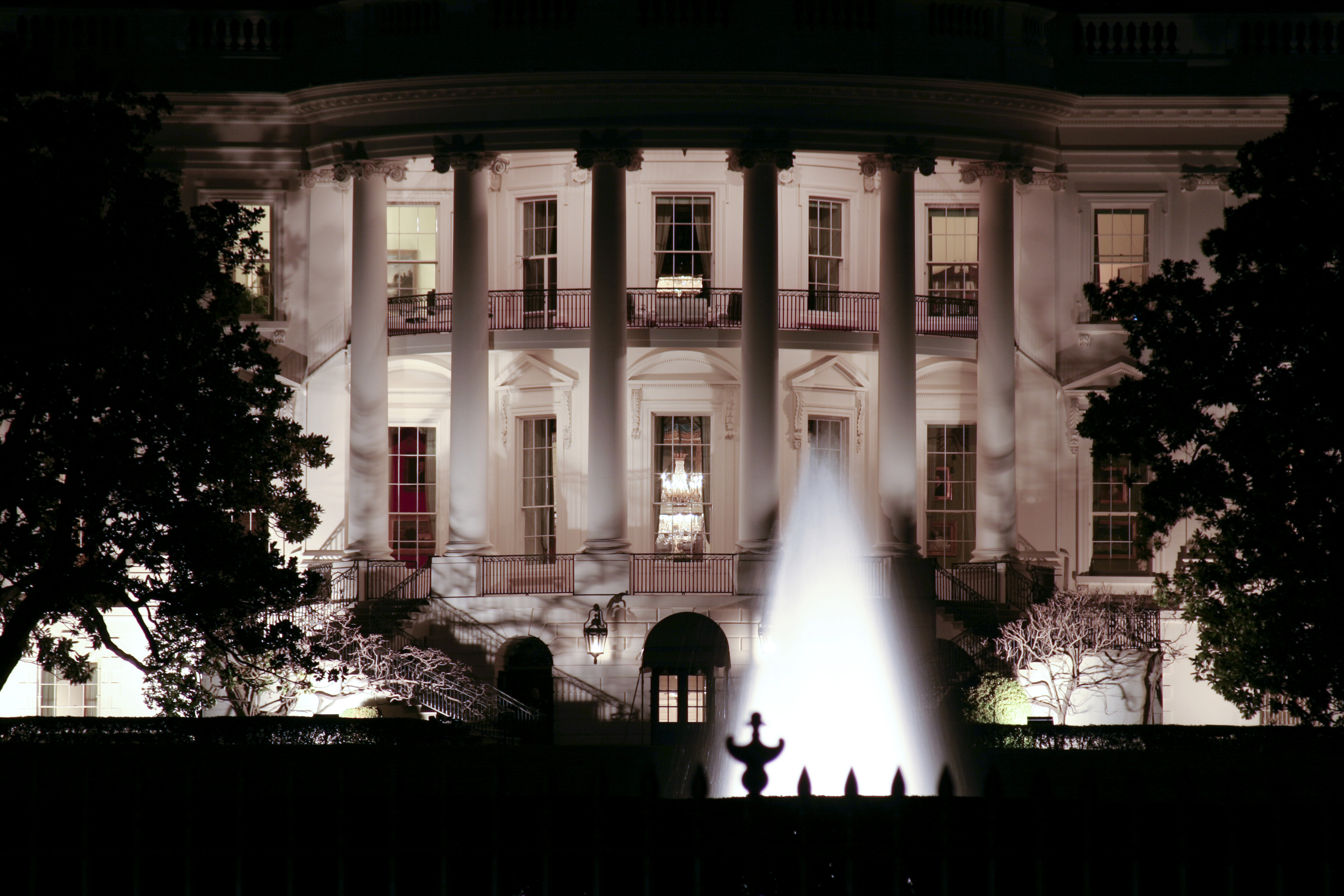
Peter Schuck’s new book should be lauded for its breadth, but questioned for its tone of desperation.
Peter Schuck’s Why Government Fails So Often is an important and engaging book that will reward (although perhaps also discourage) its readers with numerous insights into the design, operation, and dysfunction of American public policy. The book’s remarkable breadth is one of its most distinctive virtues. As for its tone and title, I am more circumspect.
Why Government Fails So Often covers more ground than a presidential campaign tour. Every page contains multiple references to important studies and works of scholarship, and each section is copiously illustrated with example after example of the federal government in action. Schuck dazzles with his mastery of history, law, and current affairs. The sheer breadth of the book subtly persuades the reader that Schuck has spared no niche of policy from his critical gaze.
Schuck’s book is best described as a work of political science, although I suspect that few political scientists would be eager to claim it as such. The field of political science today resists the sweeping, general sort of analysis attempted in this volume. Only a few decades ago, scholars like Robert Dahl, Ted Lowi, James Q. Wilson, and Charles Lindblom were the luminaries of the field. They leveraged their expertise and stature to offer comprehensive yet accessible critiques of America’s political life and institutions. Today, such breadth has become rare in a discipline increasingly marked by an alarming elevation of method over substance. There are exceptions — Paul Pierson and Jacob Hacker come to mind — but few political scientists today produce works likely to appear in the New York Review of Books.
Of course, specialists in many fields avoid popular work. But especially with respect to the study of government, the academy has an obligation to serve the public interest by distilling the progress of research for public consumption from time to time. Schuck’s book does precisely this. It offers the reader a thorough mosaic of recent scholarship about public policy and American political institutions. It canvases that scholarship in an authoritative fashion, always in the service of Schuck’s argument but with enough dispassion that I suspect few authors would take issue with Schuck’s treatment of their findings. The result is a book that will benefit policymakers and students of government alike.
If anything, Schuck’s book will disappoint because it is too encyclopedic. For example, almost every chapter is structured around a long list of points: there are fourteen principles for policy evaluation, ten elements of political culture, six prerequisites for policy success, and so forth. Although Schuck’s approach is exhaustive, it may come at the expense of a discussion about which factors matter most.
As to the book’s tone, Schuck offers much to despair about and little basis for hope. That public policies fail, and fail often, is perhaps news to no one. Yet even jaded or politically savvy readers will find jarring the sheer number of policy failures covered by this book. It is not a pretty picture. Readers may dispute individual cases — for example, many will disagree with Schuck’s insistence that Head Start programs achieve little lasting good — but it will be hard to shake the sense that Americans are not getting their money’s worth from several trillion dollars a year in federal spending.
That said, many readers will not fully share Schuck’s dire conclusions or appreciate his pessimistic tone. In part, this is because the scope of his analysis does not quite live up to the title he has chosen. Why Government Fails So Often suggests an indictment of government generally. Yet Schuck attacks primarily federal spending programs established to engage pressing areas of social concern, such as health care, education, poverty, and so forth. These are massive and fundamental areas of policy, of course, but government does much else as well.
Government’s most important function may well be the maintenance of civil order — not merely as a matter of policing and security, but in the resolution of social disputes and public disagreement. Surely the American political system has accomplished this task rather well as compared to many governments abroad. Meanwhile, state governments, which are not covered by Schuck’s book, forge many of the policies that most directly affect Americans — from police and fire protection, to land use and property rules, to banking and corporate regulation.
The federal government does much beyond the realm of social policy, too — much that we often take for granted. It defends us from foreign attack; it establishes common rules and a common currency; it funds and builds infrastructure; it regulates in domains that states often cannot. Little in Schuck’s analysis speaks to these more prosaic government functions or inquires whether, in light of its core function as a locus for democratic deliberation, government could do any better. The book’s title may move copies off the shelf, but one would also hope that leading commentators like Schuck could help temper (or at least add nuance to) the hard-edged cynicism of the current political mood.
Schuck’s deep respect for one of his intellectual forebears, James Q. Wilson, is evident throughout the book. Schuck ably carries forward many lines of Wilson’s work and thought. One hallmark of Wilson’s writing was his avoidance of tendentious generalizations: his masterpiece Bureaucracy, for example, contained a fair bit more nuance than finality. Schuck’s own writing replicates Wilson’s breadth to good effect. Although readers might wish to see this breadth matched with subtlety in tone, they will in any event learn and benefit a great deal from Why Government Fails So Often.
This essay is part of The Regulatory Review’s seven-part series, Is Government Prone to Fail?




